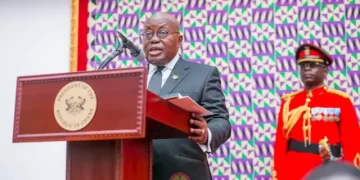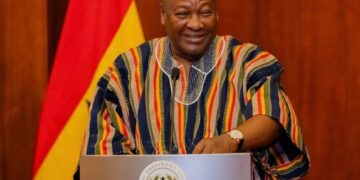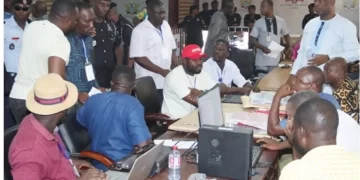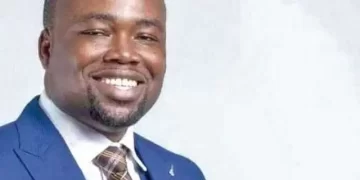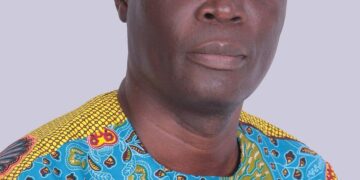 Fiifi Kwetey, the General Secretary of the National Democratic Congress (NDC), has expressed strong reservations about the integrity of Ghana’s Electoral Commission (EC) ahead of the December 7th general elections. Speaking on TV3, monitored by ghanapoliticsonline.com, Fiifi Kwetey alleged that the EC has failed to earn the trust of the opposition party, urging Ghanaians to remain vigilant against potential electoral malpractices.
Fiifi Kwetey, the General Secretary of the National Democratic Congress (NDC), has expressed strong reservations about the integrity of Ghana’s Electoral Commission (EC) ahead of the December 7th general elections. Speaking on TV3, monitored by ghanapoliticsonline.com, Fiifi Kwetey alleged that the EC has failed to earn the trust of the opposition party, urging Ghanaians to remain vigilant against potential electoral malpractices.
Kwetey claimed that citizens’ active participation in recent years has been instrumental in uncovering alleged schemes aimed at undermining the electoral process. “The vigilance of Ghanaians has been critical in exposing tactics designed to rig elections,” he emphasized.
While casting doubt on the EC’s impartiality, Kwetey extended commendation to the Ghana Police Service and its leadership under Inspector-General of Police (IGP) Dr. George Akuffo Dampare. He noted the party’s trust in the police and encouraged Dr. Dampare to maintain his integrity during the electoral period.
“The NDC has faith in the police and IGP Dampare,” Kwetey said. “We urge him not to betray the trust we have placed in his leadership and to ensure the safety and fairness of the electoral process.”
Concerns Over Electoral Commission
The NDC’s skepticism toward the Electoral Commission is not new. Over the years, the party has raised concerns about alleged bias, with some officials accusing the EC of favoring the ruling New Patriotic Party (NPP). These allegations have sparked debates about the need for electoral reforms to strengthen transparency and accountability.
In response to these concerns, civil society organizations and election observers have urged the EC to adopt measures that will enhance confidence in the electoral process. Independent monitoring groups such as CODEO (Coalition of Domestic Election Observers) have consistently called for increased stakeholder engagement and adherence to democratic principles.
A Call for Unity and Vigilance
As Ghana prepares for another critical election, Kwetey’s comments highlight the need for vigilance from all stakeholders. Analysts have pointed out that trust in key institutions such as the EC and the police is essential for ensuring peaceful and credible elections.
Observers argue that maintaining this trust requires proactive steps, including transparent communication from the EC and impartiality from security agencies. The upcoming elections will test the resilience of Ghana’s democracy and the ability of its institutions to rise above partisanship.
The Bigger Picture
Ghana, often praised as a beacon of democracy in Africa, has faced challenges in recent elections, with disputes over voter registration, results collation, and allegations of vote rigging. Political analysts emphasize that building trust in the electoral process is not just the responsibility of the EC but a collective effort involving political parties, civil society, and the public.
As the December 7th elections draw closer, the NDC’s statements serve as a reminder of the stakes involved in safeguarding democratic values. Ghanaians, irrespective of political affiliation, are being urged to remain engaged and ensure that their voices are heard through a credible and transparent process.


